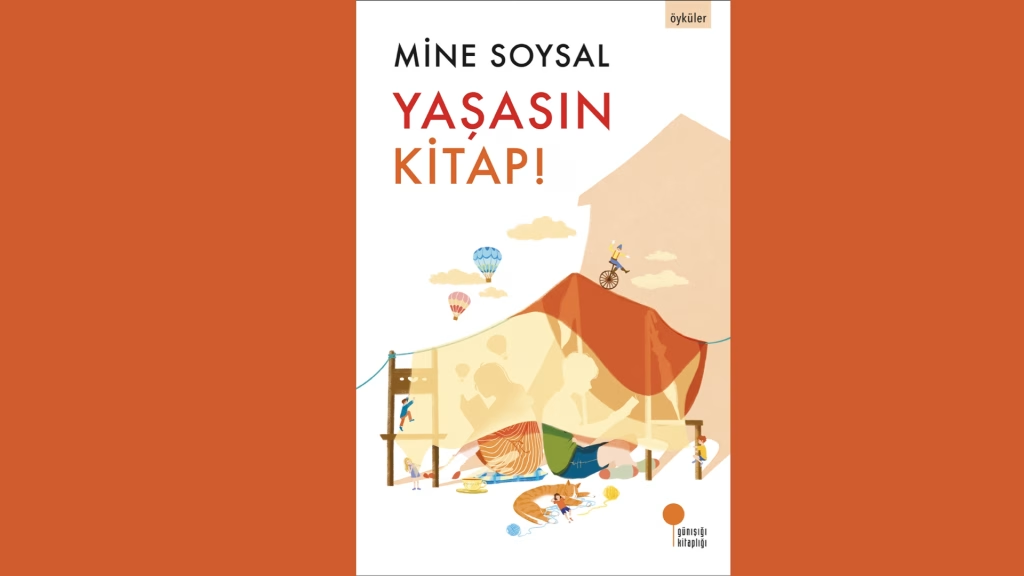Daisy-May Hudson Explores Creativity and Authenticity in Debut Film ‘Lollipop’

The film industry has long operated under rigid rules and a structured approach. Despite the challenges, filmmakers strive to convey their unique visions, often following well-trodden paths to success. Yet, there’s always room for innovation. First-time director Daisy-May Hudson is one of the trailblazers reshaping the cinematic landscape with her emotionally rich and joyfully radical debut, Lollipop.
Drawing inspiration from social realism, Lollipop tells the poignant story of a woman’s struggle to reunite with her children after being released from prison. It highlights the systemic challenges that make this endeavor almost impossible. Despite navigating the hardships of government policies and a flawed social care system, the protagonist, Molly, discovers strength in community and female friendship, confronting adversity with resilience.
Hudson immerses audiences in a narrative that is both deeply authentic and emotionally charged. Her unorthodox entry into filmmaking allowed her to break free from traditional norms, creating a new way of working that truly reflects the values embedded in Lollipop. Hudson’s journey began by documenting her family’s experience with homelessness after an unexpected eviction. This documentary influence is evident in Lollipop, as it candidly captures the dehumanizing bureaucratic processes while keeping the real-life stories of those affected at its core.
Speaking about her creative process, Hudson shared, “I love working with people and creating space for their voices to be heard. It’s essential that even when we discuss difficult subjects, we approach them without placing blame.” By integrating true stories from women who have faced similar struggles, Hudson grounds her film in reality while avoiding a tone of anger or injustice. Instead, she aims to evoke emotion and spark empathy.
Her work embodies the delicate balance between acknowledging grief and celebrating joy—a reflection of the complexities of life. Hudson emphasizes that the most powerful stories emerge from authentic experience, stating, “You can tell when someone has lived the truth they’re depicting. Those stories resonate on a deeper level.”
While some filmmakers exploit narratives they don’t fully understand, Hudson’s personal connection to her subject matter brings a raw authenticity that transcends mere observation. She believes that narratives need to reflect the realities of life rather than romanticized ideals, aiming to portray the tough, unvarnished aspects of existence.
Hudson’s lack of formal training in traditional filmmaking offers her a unique perspective. Rejecting conventional paths has empowered her to envision new creative possibilities and challenge established practices. “I didn’t go to film school, and I lack a deep understanding of the traditional structures,” she explains. “This freedom allows me to create without the constraints of what’s already been done.”
In a sector known for its rigidity, staying true to one’s vision can be daunting. However, Lollipop champions themes of rebellion and hope, reflecting Hudson’s own journey as a creator. She adopted a trauma-informed approach during production, prioritizing care and safety amidst the challenging subject matter, a practice often overlooked in the industry.
Hudson’s commitment to redefining filmmaking processes could pave the way for a more compassionate industry. “All of these systems can be redesigned to be kinder and supportive without sacrificing productivity,” she asserts, emphasizing that Lollipop was produced on time and within budget while maintaining a focus on care.
As Lollipop makes its mark, Hudson’s work serves as a reminder that breaking from tradition can lead to powerful creative expression. By prioritizing humanity within the filmmaking process, she illustrates that sometimes dismantling existing structures can be the most effective form of creation.























